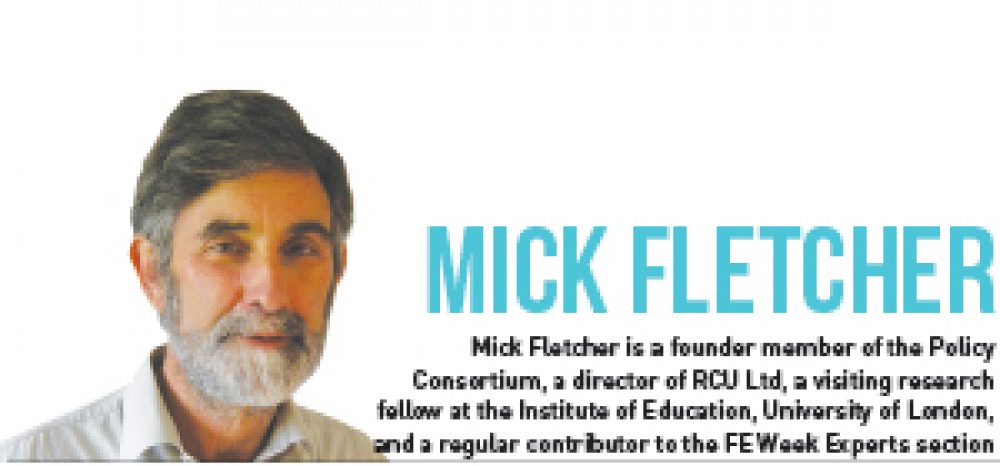The extension of the apprenticeship grant for employers may have provided the main source of budget attention for FE, but Mick Fletcher looks at how else the sector might have been affected by Chancellor George Osborne’s announcements.
In a pre-election budget, designed to win votes through devices like cutting the bingo tax, FE was never going to feature strongly and, sure enough, it scarcely featured at all.
It’s true that the chancellor talked of boosting apprenticeships — something that is always good for a round of applause — but the so-called ‘boost’ consisted only of keeping the existing grant for those small and medium-sized enterprises that take on younger apprentices and meanwhile the Education Funding Agency gave the game away by planning for fewer numbers in 2014-15 than in the current year.
To assess the real implications for the sector one has to look beyond the headlines.
Rather than looking for what the chancellor said about FE institutions directly it might be better to look at what the budget, the autumn statement and the associated economic outlook means for actual and potential students — what is the indirect effect?
The picture is relatively clear, if bleak.
Despite welcome signs of an economic upturn in some sectors there will be a continuing squeeze on real wages; the key measure of GDP per capita will not return to pre-2008 levels until at least 2017.
At the same time there will be a continuation of deep cuts in the safety nets provided by the state affecting those in and out of work.
Colleges will need to focus more on how to help people to pay for learning rather than helping them avoid paying
Although there is an increase in private sector jobs a high proportion have been part time and temporary, and outside London overall employment growth remains weak.
Youth unemployment remains stubbornly high and would be higher still if 16 year old Neets had not been relabelled as truants, making them, and not the government, appear responsible for their fate.
The major implication of this is that the need for FE will grow at the same time as the ability of individuals to access it will diminish.
Improving their skills is the best way for individuals to escape insecure employment, but state subsidies for anything beyond the most remedial types of education are set to reduce and possibly disappear.
Colleges will need therefore to focus more on how to help people to pay for learning rather than helping them avoid paying.
It means making imaginative use of loans, which up to now some institutions have effectively ignored, but also challenging policies that deny adults the ability to access learning in small, affordable bites.
It means thinking about affordability in FE in the way in which the sector has embraced that concept when delivering local, accessible HE.
Interestingly the budget included a dramatic relaxation of the rules around the use of pension funds making it no longer mandatory to buy an annuity and trusting individuals to plan their finances.
In the same spirit it might be time to revisit the idea of allowing individuals to access part of their pension before they retire to fund retraining a or a change of career direction.
Proposals for apprenticeship credits and childcare credits delivered through dedicated accounts suggest that it may be worth looking again at ideas around learning accounts as a means of supporting individual investment.
The more favourable treatment of older people should lead FE strategists to think again about how to encourage inter-generational transfers to support learning.
Adverse circumstances are a spur to creativity and the next few years may well see such imaginative new ways of making FE accessible.
These new ideas however, and the detail of funding agency policy, should not be allowed to obscure the big picture.
Strategic leaders will need to address the implications for their institutions of a future in which much of FE is no longer seen as a public service, but as a private good; in which demand is potentially strong but increasingly instrumental, and affordability for low paid workers is key.
Mick Fletcher is an FE Consultant



Your thoughts